While a number of community owners and retailers were gathered in Chicago on Tuesday, March 22nd discussing among other things, Liz Warren, Peggy Twohig, and the impact that the CFPB will have on the manufactured housing industry, Liz Warren was appearing on CNBC claiming that she is not as powerful as various groups and individuals are claiming. In disputing those allegations, she made a number of incorrect statements. Here is some information to correct those statements she made.
FALSE CLAIM: “This Agency is subject to other powerful restraints that no other agency is subject to. The first one on money is that this agency, unlike the other banking regulators, does not set its own budget. Its budget is set by the Fed.” – Elizabeth Warren, CNBC, March 22, 2011
TRUTH: The Director of the Consumer Financial Protection Bureau determines the budget of the Bureau. Section 1017 of the Dodd-Frank Act states, “Each year, beginning on the designated transfer date, and each quarter thereafter, the Board of Governors shall transfer to the Bureau from the combined earnings of the Federal Reserve System, the amount determined by the Director (emphasis added) to be reasonably necessary to carry out the authorities of the Bureau under Federal consumer law.”
The CFPB was designed by the Obama Administration and Democrats in Congress in a way that avoids Congressional oversight by providing for a mandatory transfer of funding from the Federal Reserve instead of subjecting it to the Congressional authorization and appropriations process. The amount required (10 percent of the Fed’s operating budget this year, 11 percent in 2012, and 12 percent in 2013, where it will stay fixed in perpetuity) essentially hands the CFPB $500 million. In addition, if $500 million is deemed insufficient, the Dodd-Frank Act authorizes the CFPB to seek appropriations of up to $200 million for a grand total of $700 million or more per year.
By comparison:
- The CFTC had a budget of $169 million in 2010.
- The SEC had a budget of approximately $900 million.
- The FTC had a budget of less than $300 million in 2010.
FALSE CLAIM: “And second and the most surprising, from anywhere in government, is that the agency can be overturned by a group of other agencies.” – Elizabeth Warren, CNBC, March 22, 2011
TRUTH: All other Federal Agencies fall under the Congressional Review Act, which allows Congress to review rulemakings and from which the CFPB is exempt. The Financial Stability Oversight Council has the ability to review rulemaking by the CFPB, but must meet virtually impossible prerequisites in order to overturn any CFPB rulemaking. Among the standards the FSOC must meet to overturn a rule are:
- Two-thirds of FSOC members must approve; and
- The FSOC must find the rule endangers the stability of the entire financial system.
- In addition, the FSOC has only 90 days to review and must consider any relevant information submitted by the relevant agency; and
- A review petition must be filed within 10 days of publication in the Federal Register of the draft rule.
Voting Members of FSOC:
The Secretary of the Treasury
the Chairman of the Board of Governors of the Federal Reserve System
the Comptroller of the Currency
the Director of the Consumer Financial Protection Bureau
the Chairman of the Securities and Exchange Commission
the Chairperson of the Federal Deposit Insurance Corporation
the Chairperson of the Commodity Futures Trading Commission
the Director of the Federal Housing Finance Agency
the Chairman of the National Credit Union Administration Board, and
an independent member with insurance expertise that is appointed by the President and confirmed by the Senate for a six-year term
You can download some letters that every business in our industry should be putting on their letterhead, signing and mailing.
Ken Rishel
Rishel Consulting Group
kennethrishel@captivefinance.net





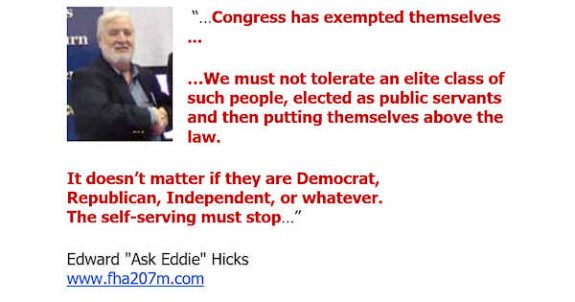
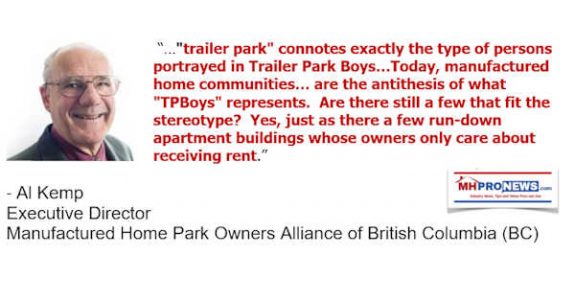
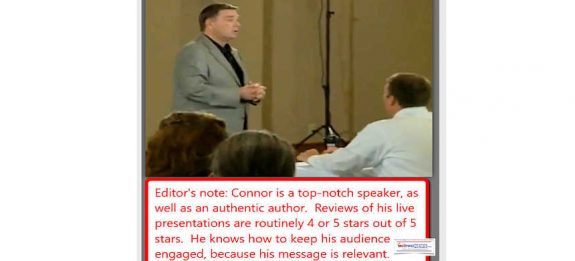
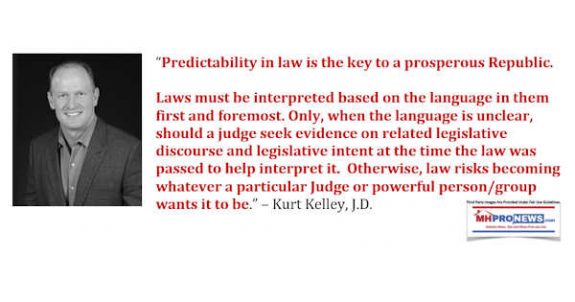



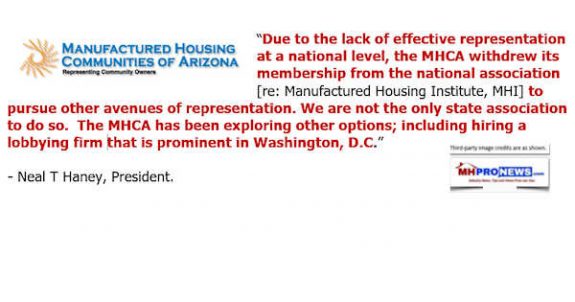

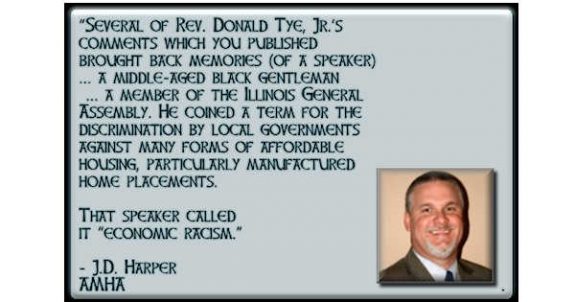

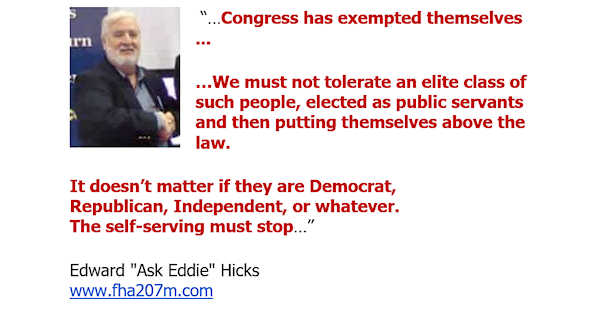
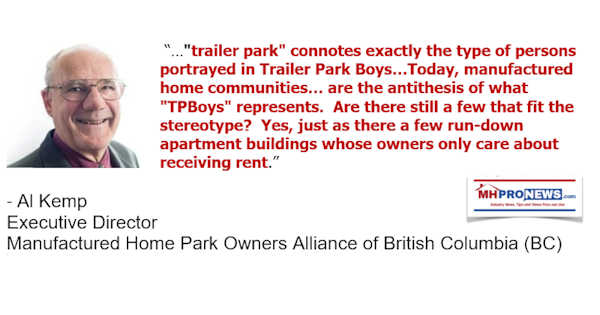
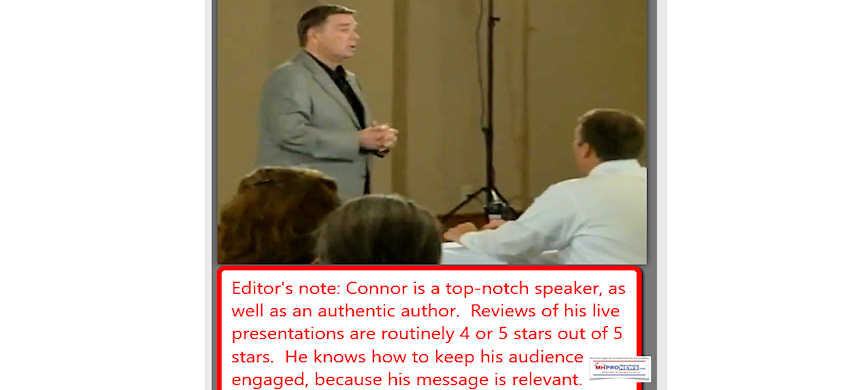
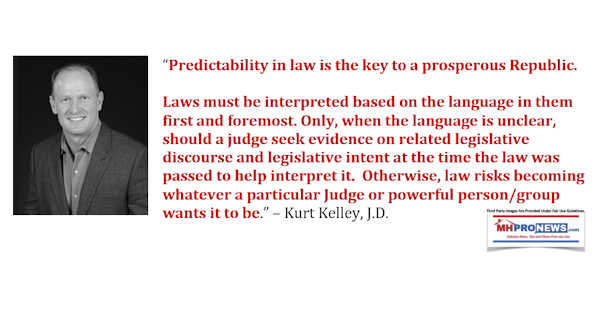



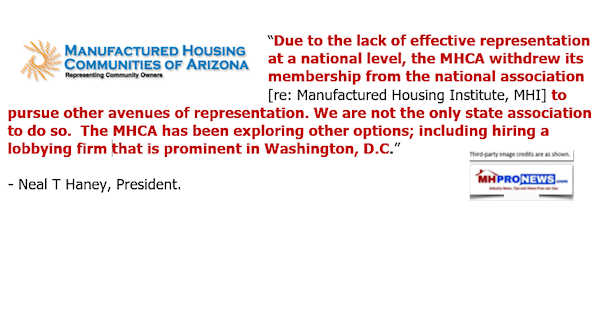

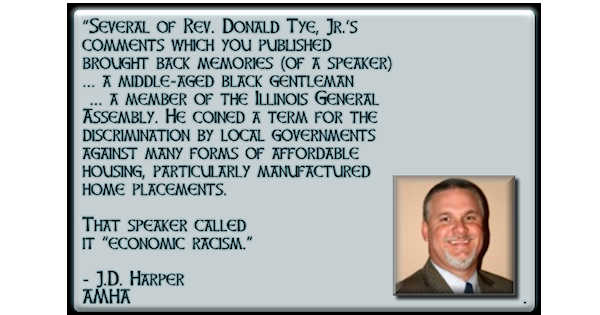
Karl Radde – TMHA, MHI, Southern Comfort Homes – Addressing Bryan City Leaders, Letter on Proposed Manufactured Home Ban
To All Concerned [Bryan City Officials, Others]: As the retail location referenced by Mr. Inderman, I would like to take a moment to address the …